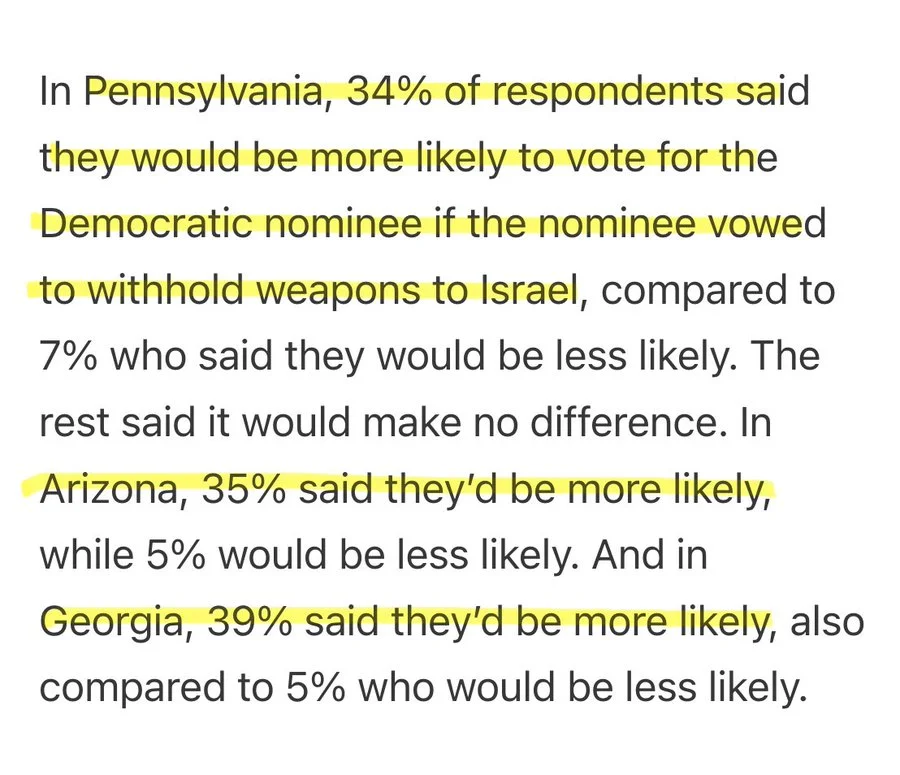When he was a backbench MP in 2018, David Lammy described Trump as a "tyrant" and "a woman-hating, neo-Nazi-sympathising sociopath".
But in his first interview since Trump's victory, he told the BBC's Newscast podcast the president-elect was "someone that we can build a relationship with in our national interest".
Lammy praised his election campaign as "very well run", adding that: "I felt in my bones that there could be a Trump presidency."
[…]
Pressed over whether he had changed his mind, Lammy said the remarks were "old news" and you would "struggle to find any politician" who had not said some "pretty ripe things" about Trump in the past."In that period, particularly with people on Twitter, lots of things were said about Donald Trump," he said.
"I think that what you say as a backbencher and what you do wearing the real duty of public office are two different things.
"And I am foreign secretary. There are things I know now that I didn't know back then."
Asked in if Trump brought up his previous comments when the pair met for dinner in New York in September, Lammy said: "Not even vaguely."
"I know this is a talking point today, but in a world where there's war in Europe, where there's a tremendous loss of life in the Middle East, where the US and the UK genuinely have a special relationship, where we got someone who's about to become again, the US president, who has experience of doing the job last time round, we will forge common interests," he said.
"We will agree and align on much and where we disagree, we'll have those conversations as well, most often in private."
[…]
But during the election campaign, [Trump] vowed to dramatically increase taxes, or tariffs, on foreign goods imported into the US.Such a move could hit billions of pounds' worth of British exports, including Scotch whisky, pharmaceutical products, and airplane parts.
Asked if the UK would seek a special trade arrangement so there were no extra tariffs on British exports to the US, Lammy said: "We will seek to ensure and to get across to the United States, and I believe that they would understand this, that hurting your closest allies cannot be in your medium or long-term interests."
Lammy also said Trump was "correct" in his argument that Europe had fallen short on defence spending.
He called for a “clear” pledge from European governments to boosting military spending but could not say when the government would reach its target of spending 2.5% GDP on defence.
This was actually discussed at one of their recent meet-ups.




The UK/US 'special relationship' is such a joke, it's abundantly clear the US doesn't hold us in anywhere near the same regard as we do them.
I do hope Labour plans to do more than try to appease Trump, I understand why this is their public stance but we should really try to reduce our reliance on America.